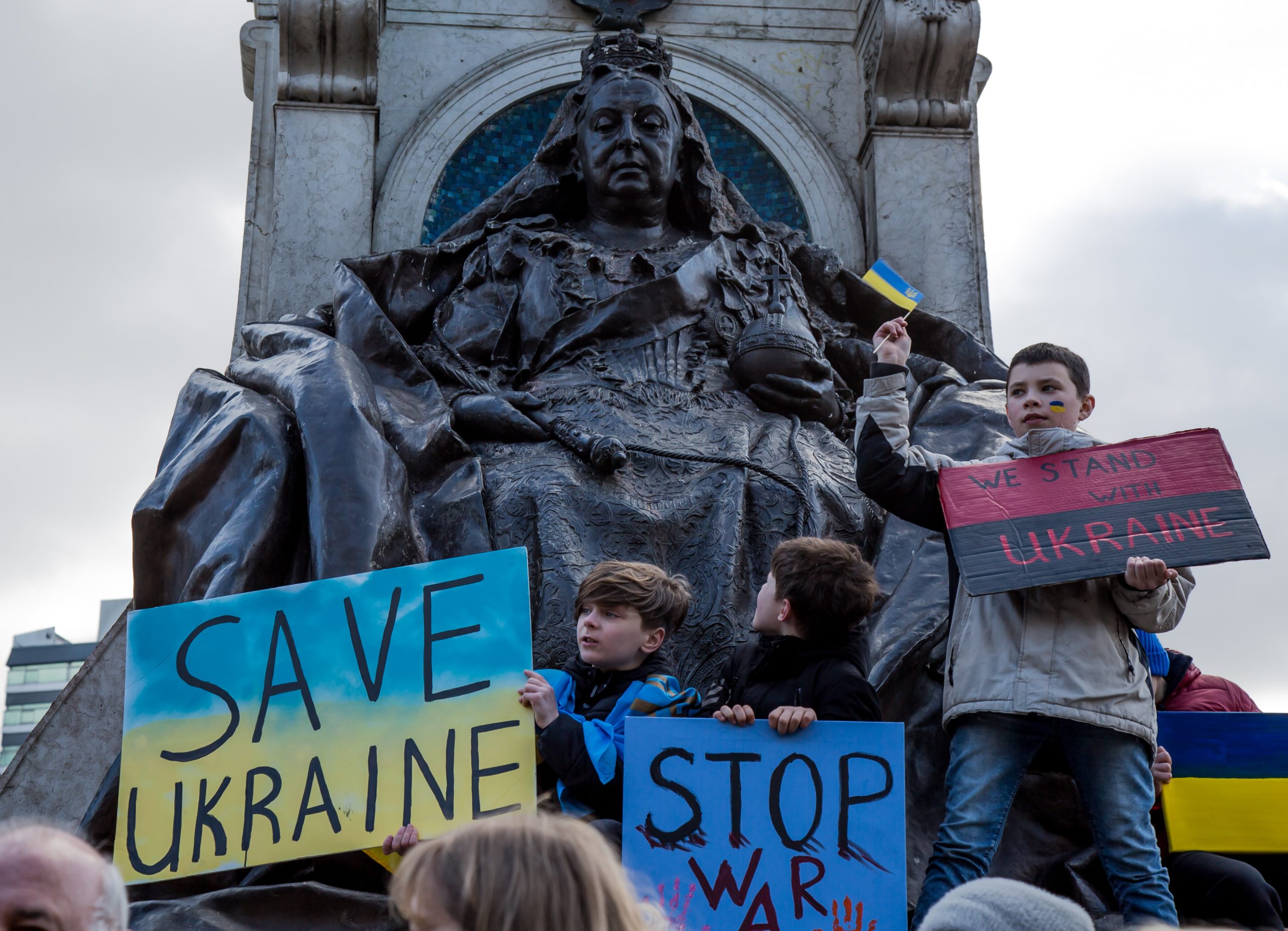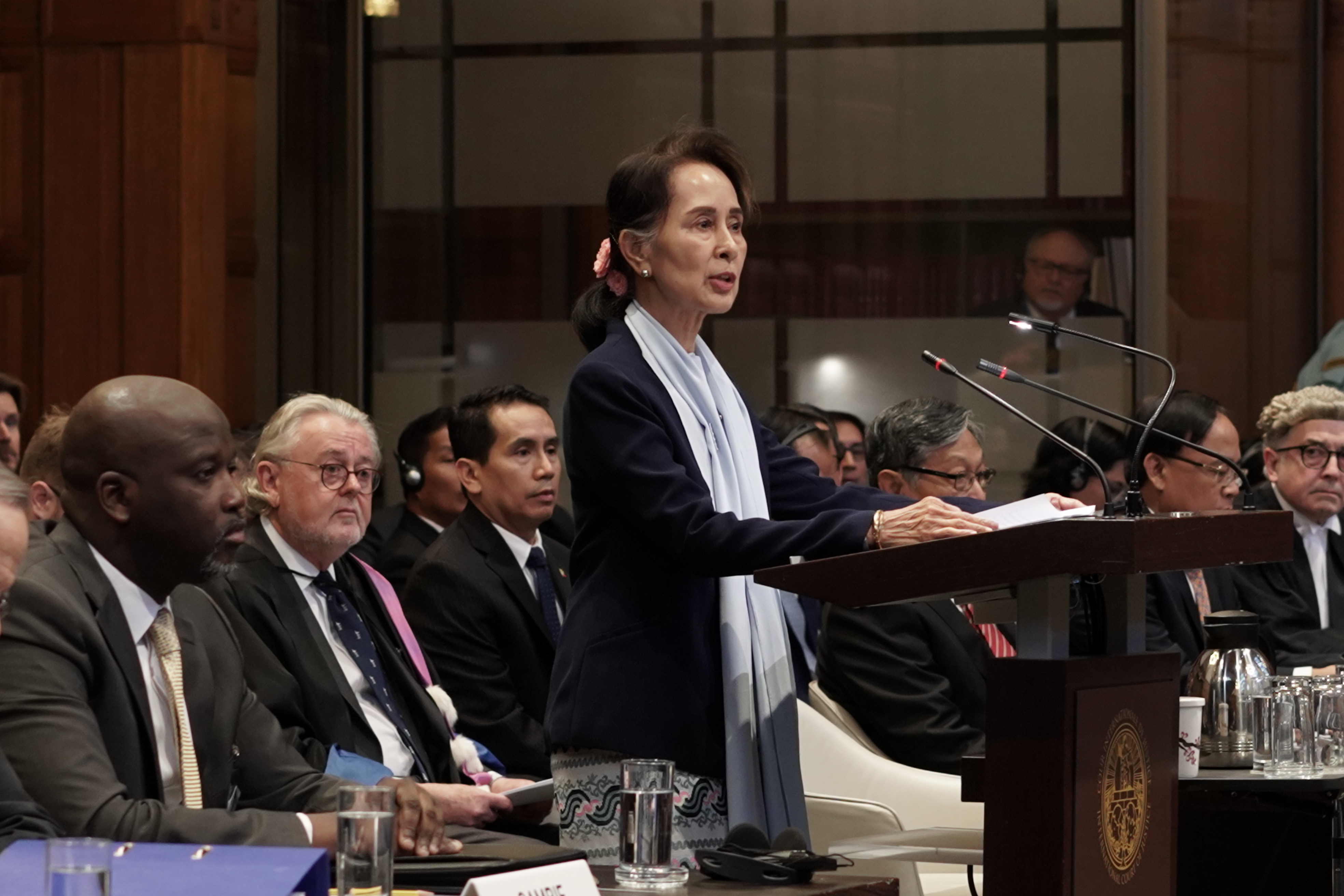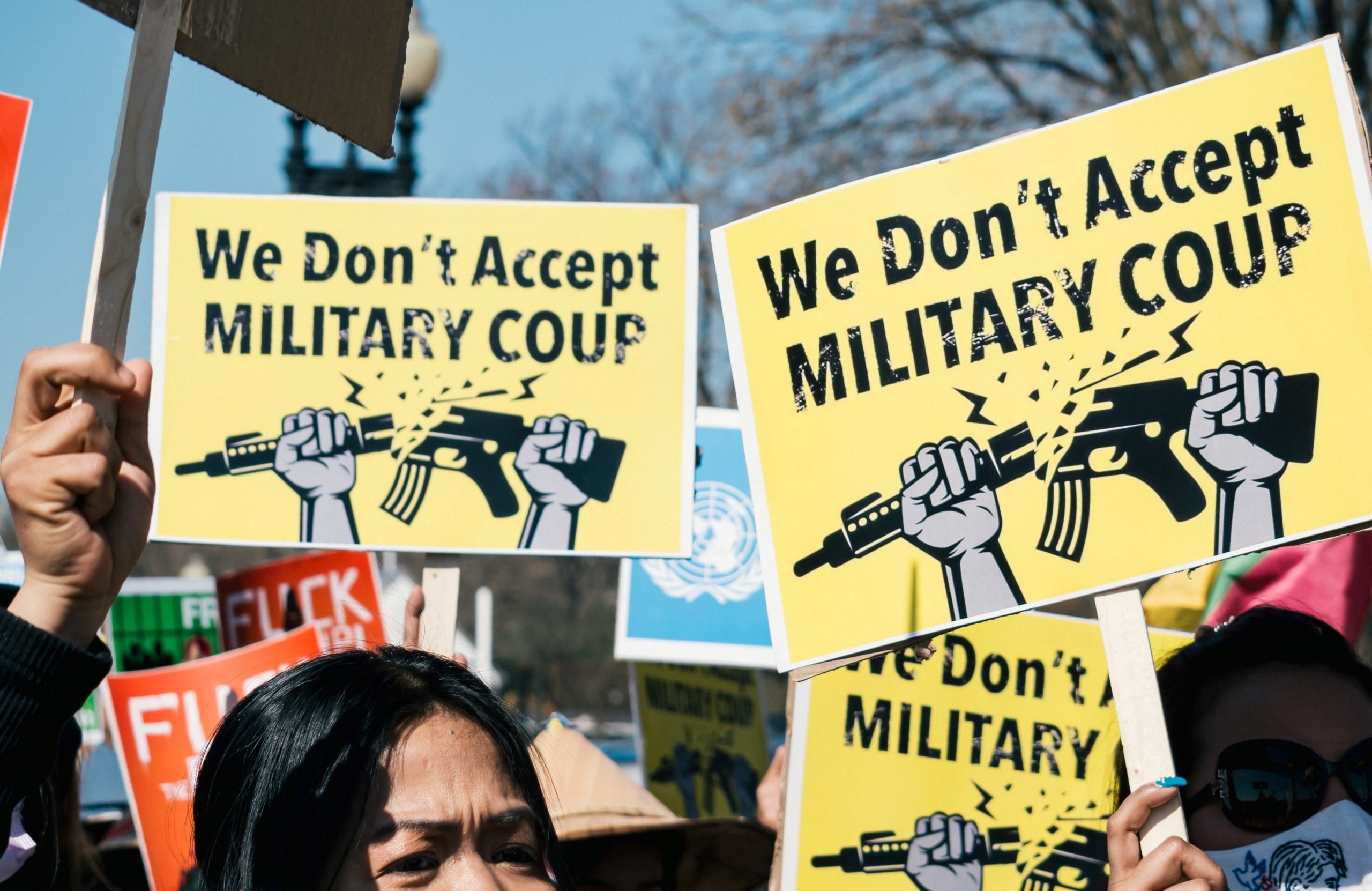As a relatively small country of some 2.8 million people, Lithuania has a compact higher education and research ecosystem composed of a dozen public universities, eighteen lower-rank public ‘universities of applied sciences’ (kolegija – literally ‘college’), and eleven public scientific research institutes. Each type of institution was included in our research, but response rates and scope were somewhat negatively affected by at least two issues. First and foremost, Lithuania’s academic and research sectors do not have clear Freedom of Information Act (FOIA) provisions. Instead, they operate under the comparatively less explicit and intrusive Law on Higher Education and Research. Because of this, surveyed institutions, particularly scientific research institutes, could interpret the author’s requests for information in a less imperative way than otherwise would be the case. Second and more controversially, the outcome could have been affected by the generally negative context of Sino-Lithuanian relations throughout the past several years, potentially making such requests a much more sensitive matter from the perspective of targeted institutions.
As a result, four universities and one university of applied sciences did not respond to the questionnaire, with one of them deciding to ignore the request despite established communication with the author, and the other four providing official refusal justified by the ‘excessive’ nature of the original request and their right to uphold academic freedom. Tellingly, all three universities in the latter group, namely Vilnius Gediminas Technical University (Vilnius Tech), Kaunas University of Technology (KTU), and Lithuanian University of Health Sciences (LSMU), are considered to be among the top five in the country. Furthermore, each is known for specialization in modern and next-generation technology ranging from digital to biotech. Similarly, the only university of applied sciences to decline the request was Vilnius College of Technologies and Design (VTDK). On the other hand, the profile of an institution without any official response, Lithuanian Sports University (LSU), hinted at the area where Chinese influence has become rather notable in recent years, namely Lithuania’s sports environment. Wherever our requests were met with outright refusal, we resorted to open-source intelligence gathering. Contrary to the expected difficulties of working with Lithuania’s less explicit legal framework in their particular case, none of the scientific research institutes declined our requests.
Academic Cooperation
Out of some 40 institutions, ten universities, two colleges, and two scientific research institutes had reported contact with China. All of the ‘Big-4’ highest-ranking universities had active cooperation agreements with their Chinese counterparts, with Vilnius University (VU) and Vytautas Magnus University (VMU) having the most significant ties. Curiously, these four higher education institutions (also including Vilnius Tech and KTU) were precisely the ones that had broader contacts with China’s “Seven Sons of National Defense”, a group of leading universities with particularly deep roots in the country’s military and defense industry.
Indeed, Nanjing University of Aeronautics and Astronautics (NUAA) entered into cooperation agreements with Vilnius Tech, VMU, and VU. However, VU’s partnership was initiated by its Faculty of Economics and Business Administration, creating far fewer opportunities for potentially sensitive liaisons than NUAA’s physics-based profile would suggest. Another ‘son of national defense,’ Beijing Institute of Technology (BIT), was mentioned twice by KTU and VMU, although only as an exchange and Erasmus+ partner, respectively.
Besides these ‘sons’, the only other ‘very high-risk’ Chinese institution (according to the ASPI China Defense University Tracker) mentioned was Huazhong University of Science and Technology, but again, only as an Erasmus+ partner of Mykolas Romeris University in a comparatively less sensitive business and administration domain.
In general, half of the Lithuanian institutions with reported Chinese connections had more or less direct liaisons with risky counterparts. Of the thirteen such Chinese institutions, four are considered as entailing very high risk, and five – a medium one, while two pairs of universities correspond to high and low risk categories respectively.
As far as actual academic and research cooperation is concerned, several examples warrant highlighting. Years-long cooperation between representatives of NUAA and two Lithuanian universities, Vilnius Tech and VMU, has resulted in several projects on piezoelectric materials and actuators, a technology with potential dual-use applications. In the case of KTU’s scientists, at least two grants were received for projects on artificial intelligence-based monitoring of physical infrastructure health. The more specialized public universities’ (LSMU and LSU) unwillingness to cooperate with our requests is somewhat surprising, considering that data publicly provided on their websites does not suggest any extraordinary links with China beyond their purview of practical medical liaisons or conducting sports and cultural events, respectively. With the possible exception of the uncooperative VTDK, and the definite exception of the Center for Physical Sciences and Technology whose informative responses showed a comparatively vibrant work with its Chinese counterparts, none of the colleges or scientific research institutes had been particularly notable.
Confucius Institutes
There is only one Confucius Institute (CI) in Lithuania. Established in 2010 at VU in cooperation with the unremarkable Liaoning University, its partnership agreement was renewed with the pedagogy-focused East China Normal University (ASPI low risk) in 2021. However, due to the ongoing pandemic, the new Chinese co-director has yet to arrive in the country, leaving the CI’s administration to its Lithuanian hosts. According to CI’s official website, it deals explicitly with Chinese language training and traditional culture studies. Two Confucius Classrooms have also opened in Lithuania’s largest cities of Vilnius (2014) and Kaunas (2021).
Contrary to many instances abroad and recent local criticism, the Lithuanian CI has not been implicated in any notable controversies thus far. A telling test of Chinese influence over the hosting university came when nothing prevented its authorities from organizing a widely-attended public lecture by the visiting Dalai Lama in mid-2018.
Conclusions
Several insights can be inferred from the data collected. First, despite some examples of practical tech cooperation, the share of Chinese institutions in general research collaboration portfolios of even the most exposed Lithuanian universities is small to negligible in both qualitative and financial terms.
Second, tangible initiatives have generally been led by separate departments, usually by scientists with a relatively long history of cooperation with China which have been recognized by their Chinese counterparts, including incentives through talent programs, awards, and honor professorships.
Third, the nature of this kind of contact-building is not particularly unusual in itself, and research cooperation with China had been encouraged by the government and its research-support agencies until rather recently.
Fourth, despite some Lithuanian universities’ earlier decisions to join Chinese multilateral academic and research initiatives, including Huawei’s ‘Seeds for the Future’ program or China–CEEC Higher Education Research Consortium, most instances of practical collaboration between the two countries have ended along with their agreed-upon terms. Others were hindered by the Covid-19 pandemic and the crisis in Sino-Lithuanian bilateral political relations, or never really produced anything tangible in the first place. To be absolutely sure of this, one still has to wait for Lithuania’s political will to legally enforce more transparency in its academic and research ecosystems, particularly in its transnational financial component, at least to the average level of other European democracies.






